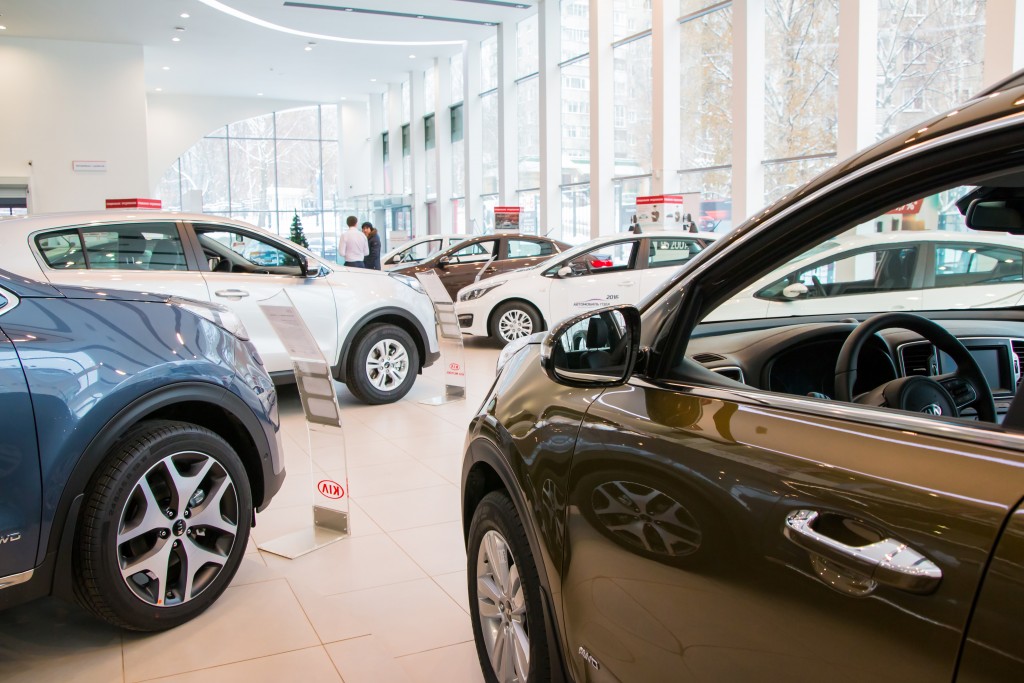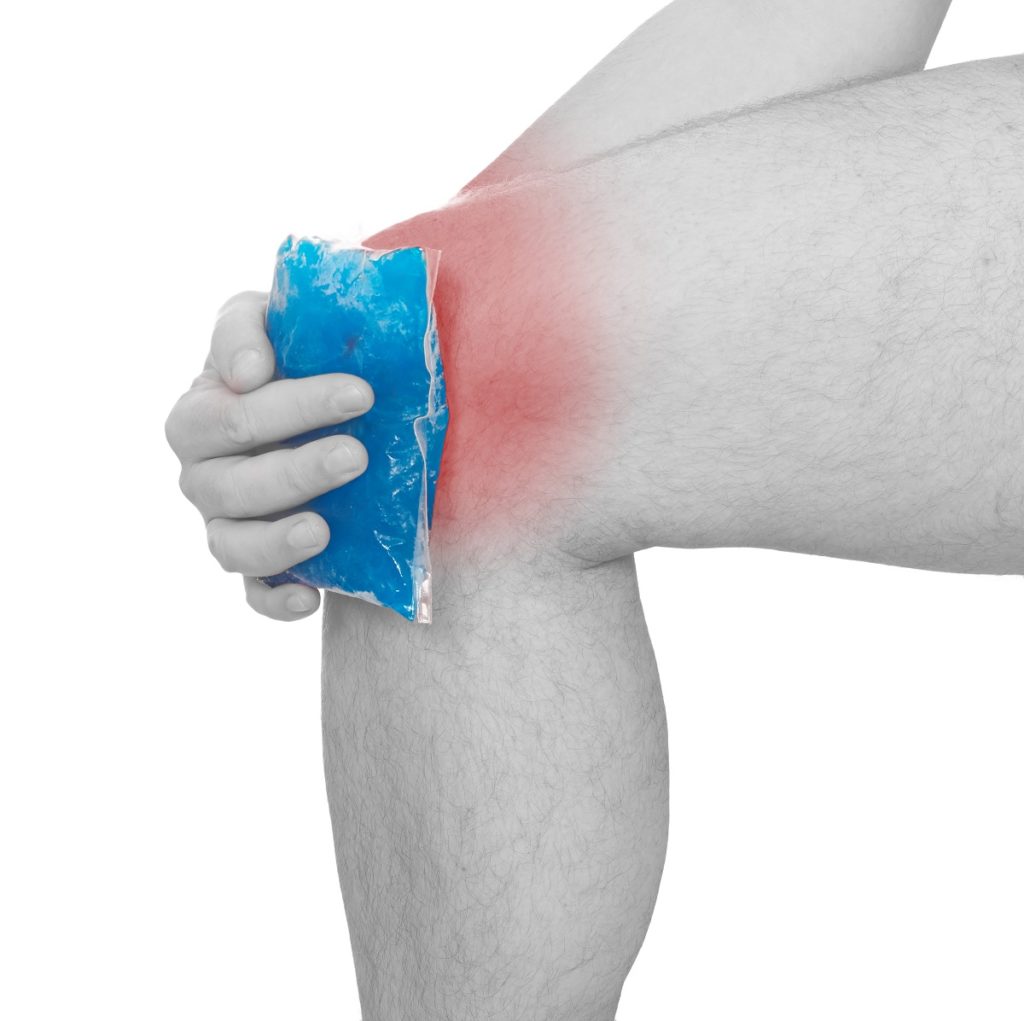Owning a car doesn’t end at simply owning it and using it to drive to places. For those who grew up with a family car, it is highly likely that they’ve seen the maintenance involved in car ownership. Perhaps, at some point, their parents have even asked them to clean the car. As teenagers though, it is most likely seen as a chore that’s too bothersome to do.
But once you have your own car, that feeling starts to change. Having your own personal vehicle makes you realize how vital maintenance is to the longevity and functionality of the car. Unfortunately, not everyone is aware of what car maintenance entail, especially first-time car owners. So here are some tips to get you started in taking care of your car properly.
Clean the Interior
Many of us treat our car as a second home. However, we have a tendency to become too comfortable and end up letting our car become a dump. Never forget that keeping your interior clean is part of every car owner’s responsibility. It’s not just for the sake of organization, but also for hygiene and safety. Having too much clutter inside your car can be dangerous as something may fly off during sudden stops. Dirty items can also become a breeding ground for germs and bacteria. Keep a trash bin inside your car, to make disposing of waste easier.
Car Scratches
Getting a scratch on your car is among the most annoying thing you can ever experience. But unlike serious injuries that may call for the service of a cosmetic surgeon, minor car scratches can be easily removed. Try running your thumb along with the scratch and if your fingernail doesn’t get stuck or it doesn’t catch any metal edges, then it’s just a shallow scratch. It can be smoothed out using a buffer. However, if it does go deeper then it’s best to try a scratch removal-kit. If worse comes to worst, bring it to a body shop to have it done over.
Check Your Brakes
Brakes are among the most important aspects of a car and are also one of the things you always need to be aware of. Have a professional check your brakes every so often and get them replaced every 40,000 or even 50,000 miles. Leaving your brakes unattended can result in hundreds of dollars in replacement, or worse- an accident. There is nothing better than being prepared and making sure your brakes are functional is one of them.

Change Oil Consistently
There is a debate when it comes to how often you should change oil, but you should change oils every 5000 to 7000 miles. Neglecting to change the oil of your car can result in even bigger problems, such as dirt and debris buildup that can eventually destroy your engine. At that point, you need to spend thousands of dollars to get it fixed, so do your best to prevent that by changing oil consistently.
Keep Your Windshield Clean
It goes without saying that you need your windshield clean, so you’re not distracted when driving. Objects and anything else that obstructs your windshield is a safety hazard, as you do not have a clear view of the road. You can give your windshield a quick clean in gas stations by using the provided squeegee found in most gas stations. Always keep this in mind, especially when going on particularly long rides.
Don’t Forget Your Cabin Filter
With all the components need to make the car run, it’s easy to forget the components that make riding it comfortable. Don’t forget to change your cabin filters, either every year or every 25,000 miles. They’re like the lungs of your car, allowing you to breathe clean and healthy air instead of smog and dust-filled wind that you will commonly encounter when driving through a road. Keeping your cabin filter clean is vital, especially during these times.
Check the Tire Pressure
Tires can be finicky. It’s dangerous to have them over-inflated, or even under-inflated. They can easily explode or lose their grip when the incorrect tire pressure is used. Temperature changes can affect tire pressure, as well, and that’s why it’s important to constantly check your car’s tire pressure. Don’t forget to read the owner’s manual for your car, as it would include how much pressure you need to maintain your car.
Remember to include your spare tire when checking, as the last thing you want is to have an emergency where you need a spare tire only to find out it’s not good.




